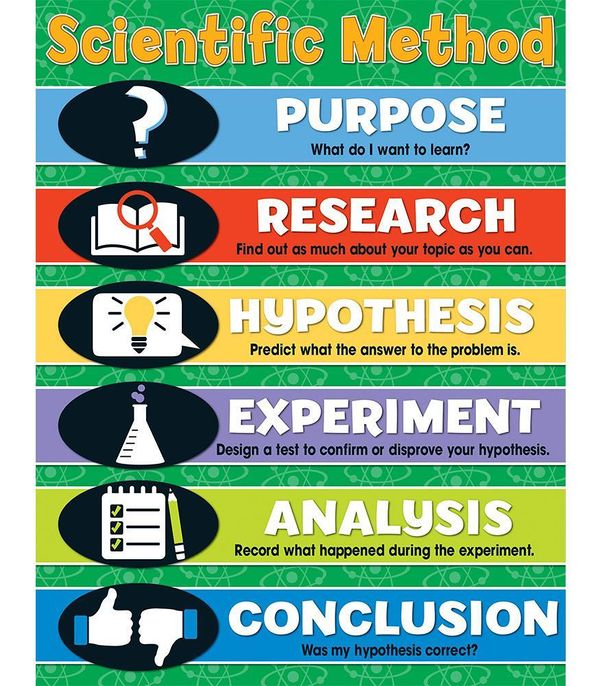Difference between revisions of "Astronomy is a Pseudoscience"
Tom Bishop (talk | contribs) |
Tom Bishop (talk | contribs) |
||
| Line 35: | Line 35: | ||
===Livescience=== | ===Livescience=== | ||
| − | According to [https://www.google.com/amp/s/amp.livescience.com/20896-science-scientific-method.html What is Science?] on livescience.com we see: | + | According to [https://www.google.com/amp/s/amp.livescience.com/20896-science-scientific-method.html '''What is Science?'''] on livescience.com we see: |
{{cite|When conducting research, scientists use the scientific method to collect measurable, empirical evidence in an experiment related to a hypothesis (often in the form of an if/then statement), the results aiming to support or contradict a theory.}} | {{cite|When conducting research, scientists use the scientific method to collect measurable, empirical evidence in an experiment related to a hypothesis (often in the form of an if/then statement), the results aiming to support or contradict a theory.}} | ||
Revision as of 03:59, 16 April 2019
On matters of Astronomy a general consensus is that Astronomy is a pseudoscience and that it will continue to be so for the foreseeable future. Being restricted by location, the astronomer is at a disadvantage. Astronomy does not, and can not, follow even the Scientific Method, which is an empirical method of inquiry that demands that an experiment be performed to confirm a hypothesis. The astronomer cannot put the stars under controlled experimental conditions to come to the truth of a matter, as a chemist can do with his or her materials. The astronomer can only observe and interpret—a scientific fallacy which hinders truth and progress.
From Copernicus to Stephen Hawking, its practitioners publish works but fail to perform experiments to verify the hypothesis, such as the hypothesis for the metric expansion of space. Scientists in other fields are expected to perform controlled experiments to come to the truth of the matter, and so we must ask, why not the astronomers? If direct and demonstrated knowledge cannot be obtained then, as Samuel Birley Rowbotham explains in Earth Not a Globe, it is demanded by fundamental empirical tenets to leave the matter as unknown.
A Yale University astronomy course explains:
“ One of the questions asked in this astronomy course was "What type of experiment do astronomers perform?" None, was the answer. An astronomer's lab is his observatory. Astronomy is an observing science. Sight is the primary sense used in this science. The instrument that enhances this endeavor is the telescope. ”
The Scientific Method
The Scientific Method is a method of inquiry, expected even of school children, where an experiment is made to confirm or disprove a hypothesis.
Without experimental confirmation of a hypothesis, one must conclude that the science of astronomy is of questionable value that should, by necessity, be regarded as little different than those other "sciences" which are based on observation and interpretation.
Definitions
Oxford Dictionary
Oxford Dictionary defines pseudoscience as
“ pseu·do·sci·ence
a collection of beliefs or practices mistakenly regarded as being based on scientific method.
"the new pseudoscience of “counseling”" ”
Wikipedia
From the first sentence of the Wikipedia article on pseudoscience we see:
“ Pseudoscience consists of statements, beliefs, or practices that are claimed to be both scientific and factual, but are incompatible with the scientific method.[1] ”
Livescience
According to What is Science? on livescience.com we see:
“ When conducting research, scientists use the scientific method to collect measurable, empirical evidence in an experiment related to a hypothesis (often in the form of an if/then statement), the results aiming to support or contradict a theory. ”
Further Reference
- Zetetic and Theoretic Defined and Compared in Earth Not a Globe

